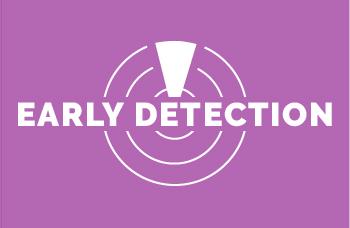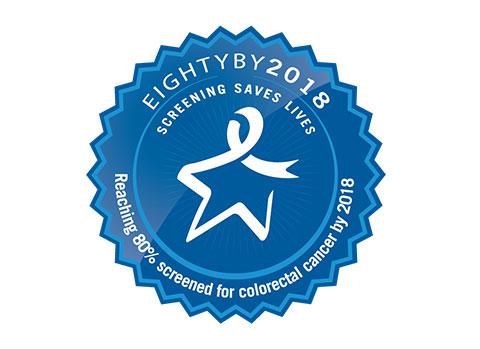Nevadans Challenged to Get Screened for Colon Cancer
02 February, 2015
With March’s Colorectal Cancer Awareness Month fast approaching, health professionals throughout the state are challenging Nevadans to get screened for colon cancer. The disease is the second leading cause of cancer death for men and women in Nevada and nationwide, but with proper screening and early detection the risk of dying from colon cancer can be reduced by up to 70 percent.
“When it comes to screening and early detection, Nevada is behind many other states with more than a third of eligible adults not getting screened,” said Dr. Clark Harrison, a gastroenterologist at Reno’s Gastroenterology Consultants and president of the Nevada Colon Cancer Partnership. “We’ve launched Challenge Nevada to educate the public about the choices they have for screening, including a test that can be completed at home, and make it easier to stay up to date with colon cancer screening. As we like to remind patients, the best screening test is the one that gets done.”
Traditional colonoscopy every ten years is still the gold standard for colon cancer screening. However the at-home FIT test, which is completed annually, is a low-cost alternative available at most community health clinics or through a primary care doctor. Both screening tests are covered by most insurance plans, but at just $15-20 the FIT test is also considered by physicians as a great screening choice for those without insurance coverage.
Colon cancer screening is recommended for average risk adults aged 50 to 75, or starting at 45 for African Americans. Those with a family history of colon cancer are advised to begin screening earlier and should talk with their physician about when to start.
Information on each screening test option, along with a list of low-cost community health clinics and other resources for low-income and uninsured individuals, is available online at www.ChallengeNV.com.
You May Also Like

Recommended Cancer Screening for Colorectal
11.03.2021
Part of the 2020 Recommendations and Best Practices for Cancer Screenings Series, this session focuses on screening guidelines for colon cancer an
